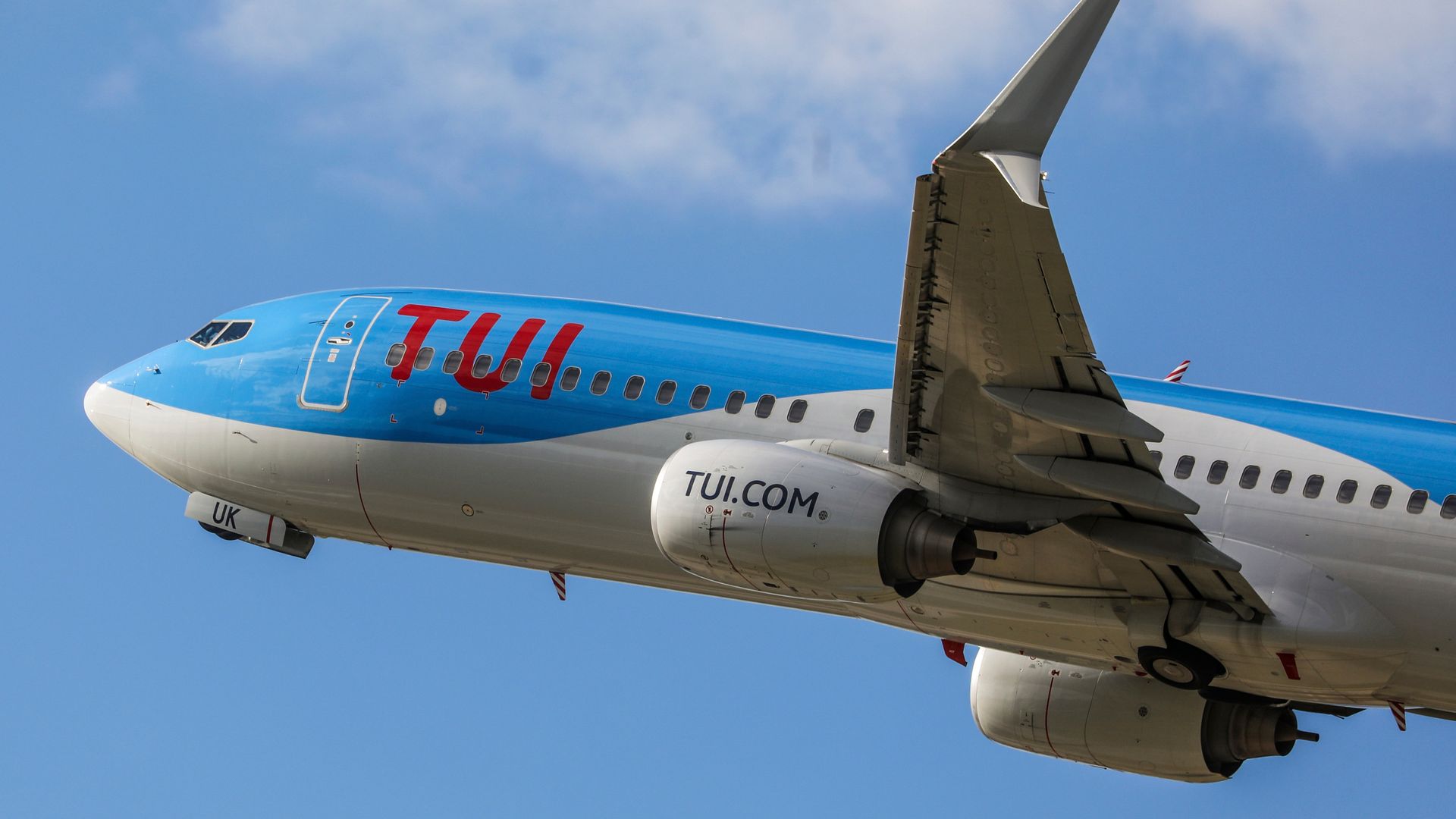Europe’s largest tour operator has reported a record-breaking quarter amid “strong demand” for holidays.
TUI said all its divisions had performed well, including its hotels, tours and cruise businesses, with nearly six million holidaymakers travelling with the firm in the three months to the end of June.
Total revenues were €5.8bn (£5bn) during the period, a 9% increase on the same time last year.
The company said bookings for this summer were up 6%, while prices were 3% higher, which had helped to offset inflationary costs.
“We are seeing stronger demand across all our short and medium-haul destinations with Spain, Greece and Turkey again proving to be most popular,” the operator said in results published on Wednesday.
It comes despite worries in the travel industry about economic uncertainty, delays in plane deliveries and rising jet fuel prices.
TUI acknowledged it had also benefited from the collapse of its German rival FTI in June.
The company said the amount of revenue for its third quarter was its highest ever, while underlying earnings before interest and tax (EBIT) was up 37% to €232m (£200m) – more than the €217m (£186m) forecast by analysts.
Money blog: Coca-Cola launching new flavour
Chief executive Sebastian Ebel said: “For the eighth consecutive time, we are reporting double-digit growth in underlying EBIT.
“In a market environment that remains challenging, this also demonstrates the strength and future viability of our business model.”
He added: “We are a developer, investor and operator in the destinations, which makes us very different from our competitors.”
The company also said that, while it was still early, it had experienced a “promising start” to the upcoming winter season, with 32% of its offerings already sold in the UK.
Read more from business:
Inflation rises for first time in six months
Mars gobbles up Corn Flakes and Pringles maker
‘Misleading’ Dragons’ Den star ads banned
Be the first to get Breaking News
Install the Sky News app for free
Derren Nathan, from investment firm Hargreaves Lansdown, said: “Concerns abound about the cyclical nature of the industry but TUI has a lot more flex in its capacity than it used to, and for now there’s little sign that it’s struggling to fill plane seats or sunbeds.”
Julie Palmer, a partner at consultancy firm Begbies Traynor, said the results showed that TUI’s customer demand remained “resilient” despite weakness elsewhere in the industry.
She added: “The travel sector’s recovery trajectory is proving to be more of a steady climb than a rapid ascent, with consumer confidence and spending still regaining their footing in a world that has been reshaped by global events.
“Looking ahead, TUI will need to ensure it adapts to changing consumer preferences, taps into emerging travel trends and capitalises on any upturn in market conditions if it is to truly take off in an increasingly competitive market.”
The results come after the operator cancelled its listing on the London Stock Exchange earlier this year.






